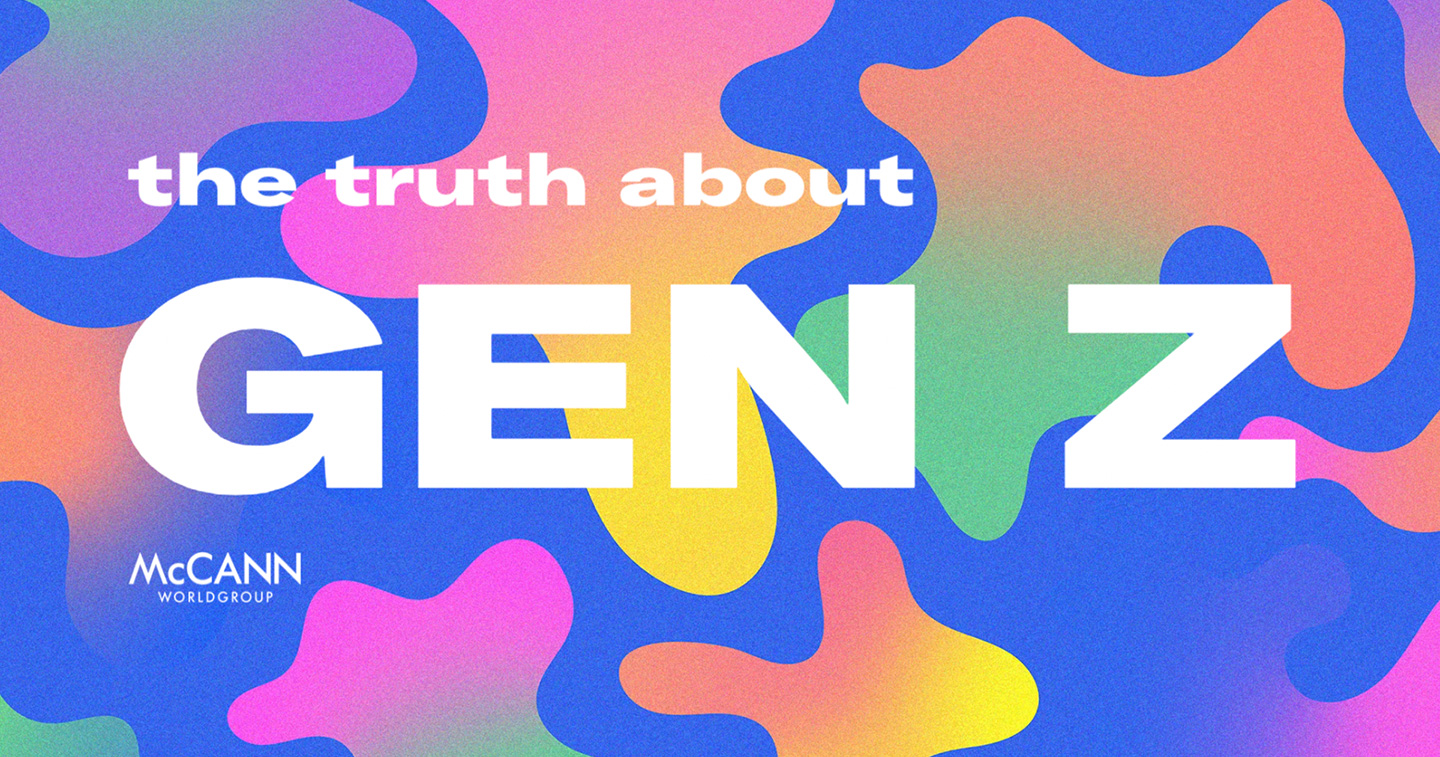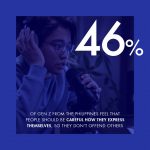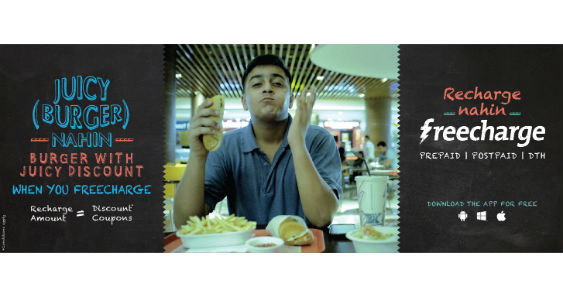SINGAPORE — McCann Worldgroup Asia Pacific today released the regional findings from their global “Truth About Generation Z” study to coincide with the UN’s International Youth Day. The study explores the attitudes and behaviors of this coveted cohort, revealing a generation that, unlike earlier ones, has the power (and tools) to actually generate the changes in culture they seek and values creativity and brand empathy.
The original global findings, released in March 2021, feature over two-years of quantitative and qualitative work building upon Truth Central’s Youth series dating back to 2011. The expansive global quantitative research included an Asia Pacific deep-dive of 5,000 18-24 year old’s surveyed in China, Japan, India, Singapore, Malaysia, Hong Kong, Philippines, Thailand, Korea, and Australia along with qualitative interviews (completed in July 2021).
Globally, 74% of Gen Zs believe their generation has the power to influence a brands’ actions for the better, and sentiment in Asia Pacific exceeds this at 89% (with Singapore and Indonesia topping the list at 91% and 95% respectively.)
Against a backdrop of being the first generation to live through a multi-dimensional crisis in a century, there remains a confidence and energy in Asia Pacific that outstrips the rest of the world.
Fuel My Creativity: Gen Z are their own cultural gatekeepers. Facilitated by an unprecedented access to rapidly evolving cultures, with an incredible talent for mixing references, today’s Asian Gen Zs thrive on creativity and are already reshaping culture in their own image:
- #1 adjective Gen Z use to describe a successful brand today – is CREATIVITY, as opposed to ‘trustworthy’, amongst the general population. As technology natives, their exploration for creativity is exponential and expansive.
- 69% of Gen Z from APAC is always looking for the next cool thing vs. 60% globally. Thailand ranks the highest globally at 84%. Gen Zs expect brands to help enable and fuel their creativity, as they feel their way and try things, mixing genres, styles, and local references.
Making an Impact: The study revealed a number of insights that are unique to this generation and pivotal for brands and society to act upon as Gen Z’s power and influence grows:
- Causes are important – 1/2 of Gen Z globally believe the primary benefit of social media is that it gives people a voice who didn’t have one before. In the most recent data, most Asian markets index significantly above this, e.g. Singapore at 74%.
- 77% of APAC’s Gen Z agree that they have a responsibility to make a positive contribution to the community they live in (Gen Z’s in Indonesia rank the highest at 98%).
- And with a split in attitudes around cancel culture globally, Gen Z in Asia Pacific believe they can influence brands more than the global average. While 69% of Gen Zs globally agreed to the statement “I’d be prepared to pay more for a product if I knew the brand supported an issue I care about”, Asian markets significantly exceed this figure, with Korea, Indonesia and China ranking the highest (80%/84%/87%).
Gen Z’ers Don’t Want to Go It Alone: For all their drive and confidence, a significant percentage of Gen Z’ers would welcome help from others and especially brands:
- 66% of Gen Z globally acknowledge loneliness – the most of any generation with 76% of Gen Z globally believing that emotional connections today are weaker than they were in the past (this rose to 89% in the Philippines, the highest out of all APAC markets surveyed.)
- 82% of Hong Kong’s Gen Z say they feel pressured to be constantly busy – the highest number globally.
- There is a role for brands to play in helping Asian Gen Z during challenging times. “I want a brand that reassures me (vs. one that challenges me)” increased from 62% globally in 2018 to 74% in 2020, with almost all Asian markets significantly exceeding the average (the highest rank in APAC is Malaysia, coming in at 81% in 2021).
Richard McCabe, Chief Strategy Officer, McCann Worldgroup Asia Pacific commented on the findings: “More than other generations, Gen Z say that they are willing to vote with their money and reward companies that care about the same things they care about. In this way, Gen Z see brands as powerful allies for change. While sharing some similarities with other regions, we see that Gen Z in Asia diverges significantly, having experienced a unique blend of relative prosperity, and rising pride in national and regional culture. This dynamic, coupled with the evolution of platforms that facilitate a voice for Asia’s culture makers has given rise to the expectation for creative and meaningful solutions from brands.”
For more information on the “Truth About Generation Z” visit truthaboutgenz.mccannworldgroup.com.
















